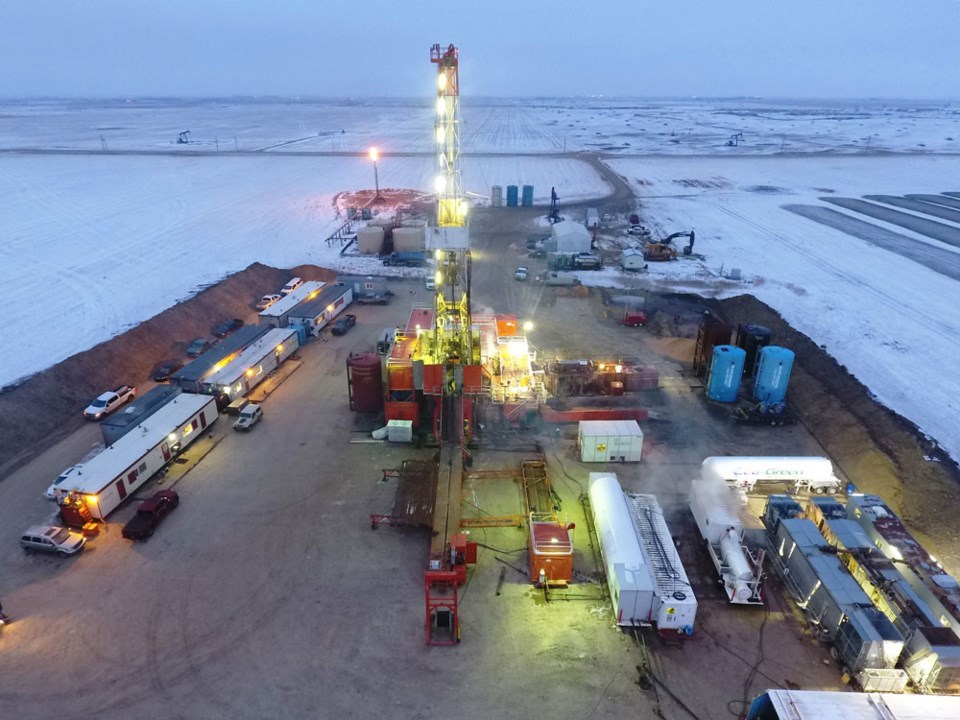Saskatchewan rural municipalities (RM) say oil and gas companies are increasingly defaulting on property taxes, leaving RMs short money and unable to provide the required level of service.
Several resolutions passed at last week’s mid-term convention of the Saskatchewan Association of Rural Municipalities addressed the issue of tax arrears by oil and gas companies.
Forty-six of the province’s 296 RMs co-sponsored one resolution asking for the ability to register liens against the companies’ licenses and a way to ensure they can act on that lien.
Jason Pilat, administrator for the RM of Eye Hill, said the licences should be treated the same as real property.
He told the convention that arrears are approaching $20 million at a minimum because not all municipalities responded to an inquiry.
He cited municipal property tax arrears from oil and gas companies at more than $10 million.
“This, combined with the arrears for education tax, of $3,876,171.26, bring the grand total of arrears of oil and gas taxes and written off to date to a bare minimum of $19,713,092.73,” Pilat said on behalf of the municipalities.
Court vesting orders sometimes result in taxes written off, he said. The RMs said if they could register liens that might make it more difficult for courts to do that.
Pilat also said companies wouldn’t be able to default on their obligations if they are trying to sell because the taxes would have to be paid in full before the transfer.
Another resolution asked for the province to change legislation to be able to suspend operating licences if companies aren’t up to date on their taxes.
Brock Minogue, councillor in the RM of Lacadena, said the municipality has been struggling to collect arrears since 2015. He said using a mechanism similar to agricultural lease land would mean the municipality would notify the government that the company is in arrears and the province would then deal with the company.
“It is a simple, straightforward and fair process,” Minogue said, adding it would relieve the uncertainty for municipalities trying to budget.
Companies would be more diligent in cleaning up nonproducing wells, he said.
A third resolution along similar lines asked the province to ensure compensation to municipalities for outstanding taxes from oil and gas companies through royalties collected.
“We need tax enforcement options sooner, before they get to $19 million of outstanding taxes,” said RM of Cambria administrator Monica Kovach.
A fourth resolution was aimed at all arrears. It asked that the mediation process be changed to take the burden of collecting property tax arrears off RMs.
Tom Whalen from the RM of South Qu’Appelle said repayment takes far too long.
He said property values have increased a lot in the last few years, resulting in an increase in borrowing power for property owners to be able to pay their taxes.
“It’s difficult for the RMs to determine accurate budgeting numbers when dealing with variables such as this, never knowing how much the RM will have in tax arrears for the upcoming year,” he said.



